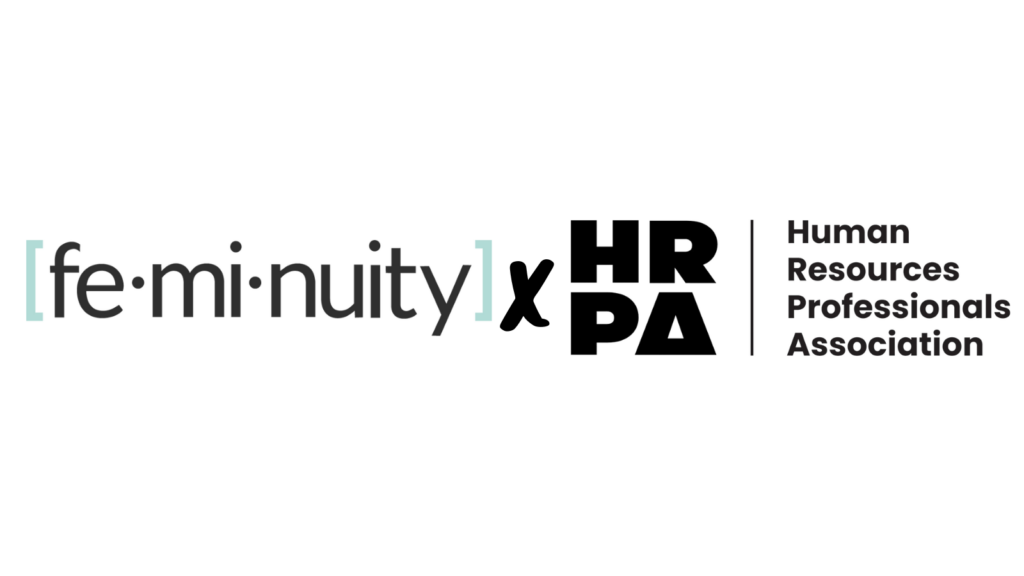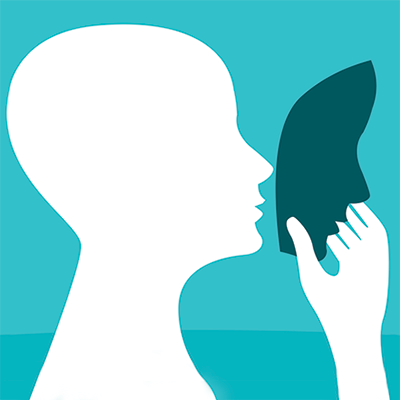October is Women’s History Month, a time dedicated to celebrating the remarkable achievements of women in Canada. Women-identifying persons, both past and present, have made significant contributions to Canadian society and culture.
Yet, despite their countless accomplishments throughout history, many women still struggle with imposter syndrome. Particularly in the workplace, women (more so than men) doubt their abilities, fearing that they are not good enough for their roles and that others will “find them out.”
Imposter syndrome was first coined by psychologists Pauline Ross Clance and Suzanne Imes in their influential 1978 research paper. And they discovered that despite women’s outstanding academic and professional achievements, they still persistently believe that they aren’t truly competent and have deceived anyone who thinks otherwise.
But imposter syndrome alone fails to fully explain the self-doubt commonly experienced by women in professional settings.
In fact, Clance told social psychologist Amy Cuddy during the latter’s book research: “If I could do it all over again, I would call it the impostor experience, because it’s not a syndrome or a complex or a mental illness.” Essentially, there’s a problem with labeling women with imposter syndrome because it medicalizes and pathologizes what are normal human feelings and an all-too-common aspect of life. 1
Add to that, imposter syndrome places the burden solely on the individual. When we say, “women suffer from imposter syndrome,” we unintentionally imply that women are solely responsible for managing its impacts. However, the underlying cause for many women feeling out of place is closely tied to the dynamics of the workplace itself.
It’s not about fixing women at work. It’s about fixing workplaces
There are countless tips, tricks, and advice on how to overcome imposter syndrome. Women are told to believe in themselves, be confident, know your worth. Sure, this isn’t necessarily bad advice, but it focuses on women’s deficiencies rather the systemic issues that contribute to making women feel inadequate in the first place. Systemic racism and biases were not accounted for in the original 1978 paper and imposter syndrome still fails to acknowledge how discriminatory practices affect women at work.
Because even if women make the connections, become resilient, work harder, workplace discrimination and abuses of power still hold women back. The existence of the gender pay gap, for instance, despite the numerous accomplishments of women over the years, is evidence of this.
This is especially true for Indigenous women; women from 2SLGBTQI+ communities; and newcomer, racialized, and migrant women. According to Statistics Canada, women of colour born, in Canada, are more likely to have a post-secondary degree (47.7%) than women who do not identify as a person of colour (25.8%). Yet, McKinsey’s annual Women in the Workplace report highlights that white women hold 19% of C-suite positions, while women of color only hold 4%. If there’s limited opportunity for women of colour, for example, to advance in their careers, it’s only natural that some of these same women would start questioning their abilities.
In a recent Harvard Business Review article titled “Stop Telling Women They Have Imposter Syndrome,” the authors emphasized, “we don’t belong because we were never supposed to feel like we belong.” Evidently, feeling like an imposter is more than an individual problem. It’s a workplace issue – and everyone, including HR, has a key role in helping to create a workplace that fosters inclusion and belonging. One that broadens our perspective of what it looks like to be a professional, and who gets to be a leader – and ensures that every individual has a fair opportunity to contribute and thrive within the organization.

Level Up your DEI with Feminuity x HRPA
As people and workplace champions, HR professionals must be DEI (diversity, equity and inclusion) proficient not just during Women’s History Month but throughout the year. That’s why we’re excited to introduce the Feminuity x HRPA’s Level-Up program. Through this transformative learning experience, HR professionals can gain the expertise in DEI required to be an effective HR leader and strategic business partner. Ultimately, you’ll be equipped with the necessary tools to properly manage your organization’s most important asset: its people.
All program participants receive a certificate. Here’s your exclusive HRPA member discount. Take 10% off using the coupon code: HRPAxFEMINUITY
Sign up now
You’re Invited to take the OHSA Survey – Workplace Harassment and its Impact on Women
Significant changes have been made to the Ontario Health and Safety Act and we want HR professionals to weigh in. Your survey responses will be used to understand how changes to the Act have impacted women at work and workplace harassment policies.
